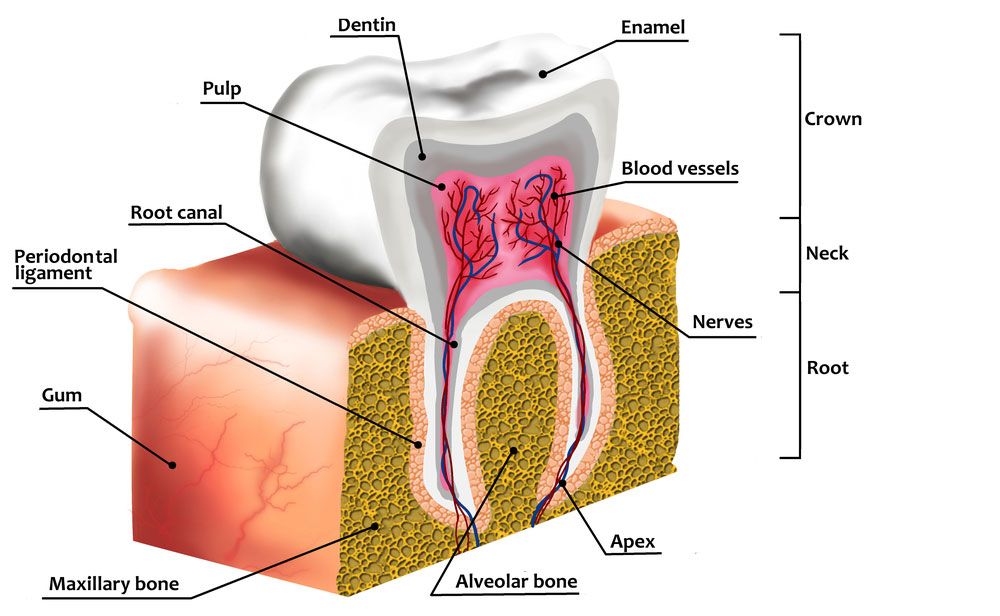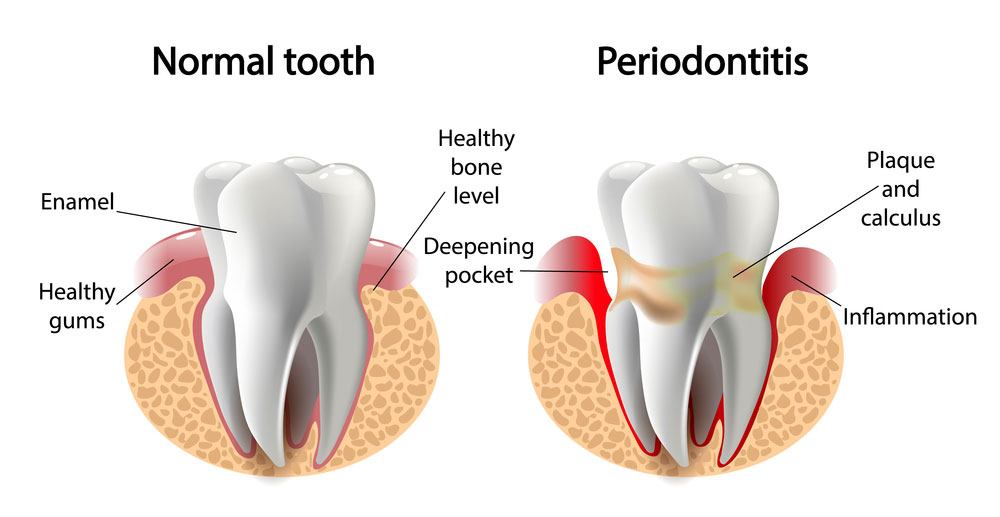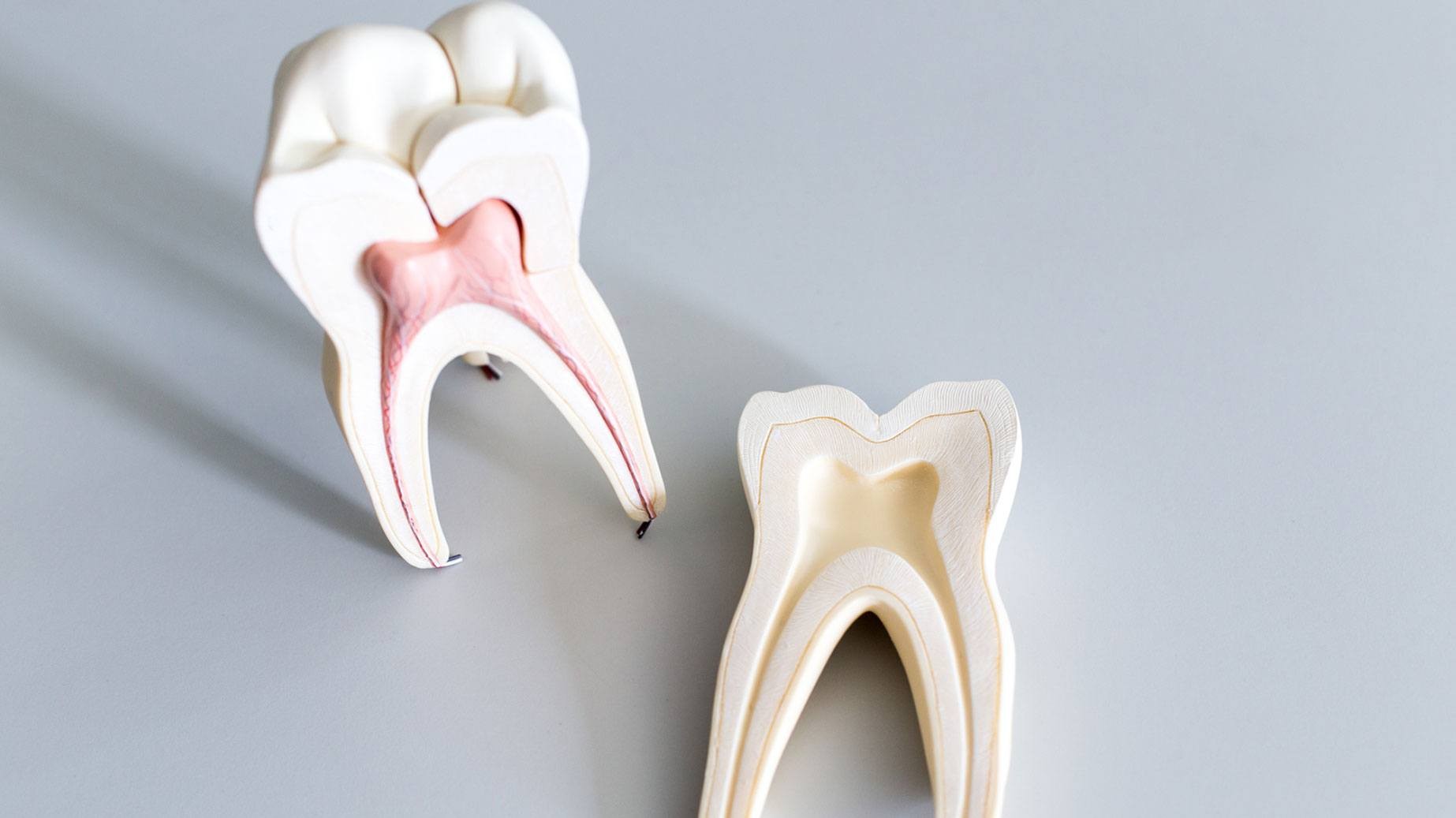It’s impossible to know what the aging process will really be like until we’re within it. Each of us will notice different changes and have a unique experience, and find a personal approach to keeping our bodies and minds sharp. When you plan ahead for your future, do you make your teeth a priority? Here’s the motivation you need to make them a priority.
Seniors’ oral health is improving - today, about ¾ of people of 65 retain at least some of their natural teeth. But avoiding the loss of every one of your teeth isn’t enough. We want to make things even better, lowering rates of gum disease, cavities, oral cancer, infections, and single tooth loss. There’s a great deal you can do to help prevent these problems, and we’re here to assist you along the way.
What Happens to Tooth Enamel as We Age?

Your enamel is incredibly strong, the hardest substance in the human body - but that doesn’t make it impervious to all harm. Time has an unfortunate tendency to erode your enamel, and that’s hastened by certain habits (like grinding, nail biting, and using your teeth as tools). As the years pass, the outer layer of enamel wears away and biting edges become flattened. The gum tissue also recedes, exposing sensitive tooth roots. Your enamel also naturally thins over time, as the inner dentin thickens. These changes all make your teeth more vulnerable to decay and cracking or chipping, and also yellow your smile’s appearance.
Options like fluoride rinses and toothpastes, in-office fluoride treatment, sealants, and restorative dental work will help protect your changing teeth. As always, regular exams are key in strengthening your defenses against decay.
Dry Mouth Awareness
Over 500 medications have dry mouth as a side effect. A lack of saliva might seem trifling, but it can lead to serious problems. Eating and swallowing become more difficult, you experience bad breath, and there’s a heightened risk of infection in the mouth. Check with your doctor whenever you’re prescribed a new medication to see if it may lead to dry mouth, and let us know if you begin a new prescription.
Drinking plenty of water throughout the day, chewing sugarless gum, or using a special rinse will help moisten your mouth and keep your teeth and gums safe.
Dangers to Gums and other Oral Tissues

Your teeth are nothing without healthy gums to support them. But periodontal disease is a significant problem for aging adults, leading to tooth loss. Oral cancer is also most often diagnosed in patients aged 62, and is more common in old age.
Both periodontal disease and oral cancer tend to be painless, so they are very difficult to spot on your own. We will screen your mouth for gum disease (even early signs) and oral cancer at each of your exams, so it’s key that you visit the office twice annually. If you have a higher risk of gum disease, we may recommend more frequent exams. Preventing these issues can also help prevent larger systemic health problems.

